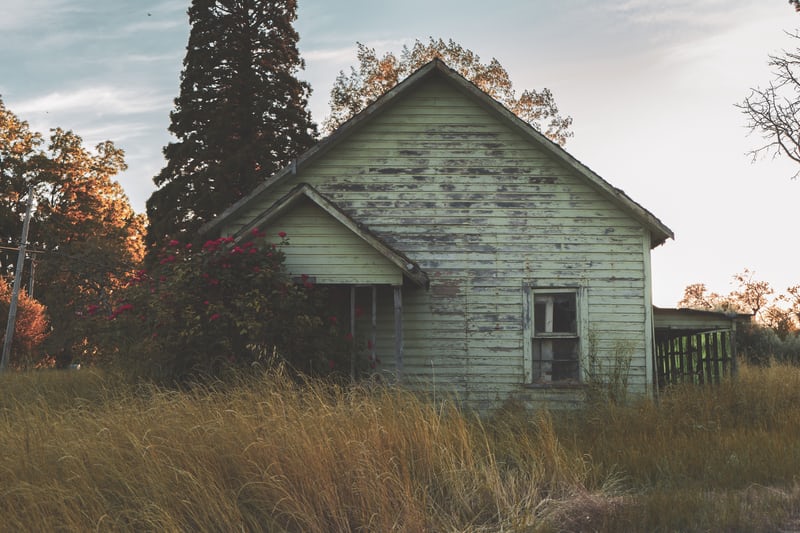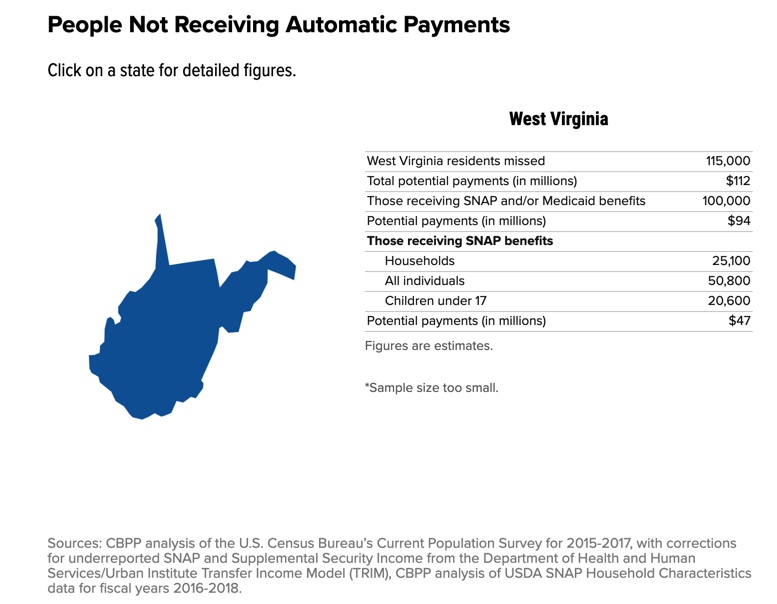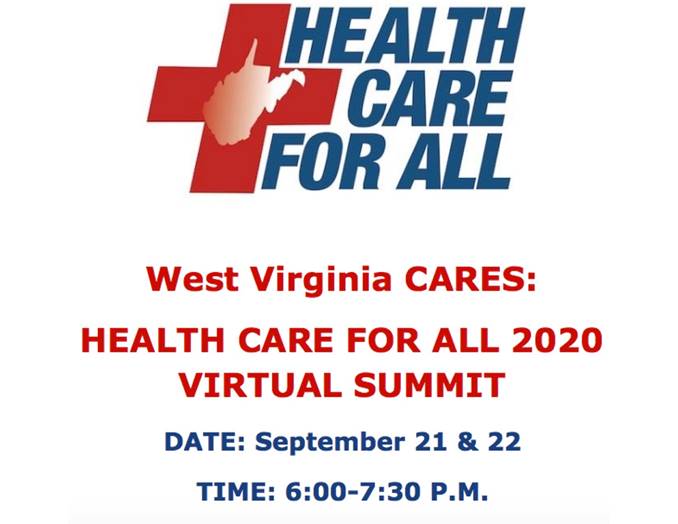With this week’s data release showing health coverage progress in West Virginia stalled even prior to the COVID-19 crisis, our new policy brief details how our state can utilize a Children’s Health Insurance Program buy-in to cover all kids.
“Much progress has been made in recent years to achieve the goal of universal health care coverage for children. But challenges remain, and there is still a need for affordable, comprehensive insurance options. A CHIP buy-in program can act as one of those options, particularly in light of recent changes to federal law that make it easier for states to pursue their own program. A well-designed CHIP buy-in program could be a cost-effective way of moving toward universal coverage for children.”
Read more from Sean’s brief here.
Watch our Facebook Live on uninsured numbers and the brief here.

Despite continued levels of extreme hardship nationwide, concerns are growing that Congress and the Trump administration will fail to pass a robust COVID-19 relief package this year if they don’t act by the end of this month.
In a Charleston Gazette-Mail op-ed published this week, our interim executive director Kelly Allen states:
“If our senators don’t act soon – and put politics aside – West Virginia families, workers and communities will be left to face this crisis alone, and our recovery will be much slower and more painful than it has to be. Failing to act is not an option.”
West Virginia faces particular COVID-related hardship. Our state has the highest percentage of adults in the country who are at risk of severe COVID-19 complications due to underlying medical conditions, as well as the highest percentage of people under threat of eviction.
WVCBP, along with 15+ organizations representing thousands of West Virginians, sent a letter to Senators Capito and Manchin reminding them of their duty to our state’s people and that they must do everything in their power to advocate for robust and adequate relief. If additional aid does not arrive soon, the outcomes in our communities will be catastrophic.
Find Kelly’s full op-ed here.
Read the full letter to our senators here.
Send a message urging our senators to take action here.

New data released yesterday from the Census Bureau’s American Community Survey and an analysis of data from its ongoing Household Pulse Survey and other sources paints a bleak picture. West Virginia had the 6th highest poverty rate and 2nd lowest median household income in the nation in 2019.
People across West Virginia – particularly West Virginians of color and those with low incomes – continue to face dire economic hardship as a result of the COVID-19 pandemic, making the need for bold action at the state and federal levels clearer than ever.
Find more details on the poverty data from our press release.

Did you know that millions of eligible people could miss out on their Economic Impact Payments (EIP) – commonly called “stimulus checks” – because they have to file an online form with the IRS to get it? While most people get their payments automatically after filing a tax return (or based on participation in certain federally administered programs), this group of “non-filers” must take additional action to get their money (worth $1,200 for adults and $500 for qualifying children).
An estimated 115,000 West Virginia residents did not receive their EIP automatically from the IRS, translating to $112 million in lost potential payments. Don’t leave money sitting on the table — if you are eligible, file for your EIP before the Oct. 15 deadline.
Learn more about eligibility and file for your EIP here.

Rhonda Rogombé joined WVCBP this week as our new health policy analyst. Rhonda holds a B.A. in economics and public policy from Rutgers University-New Brunswick, where she also competed in Division I track and field. Before joining the Center, Rhonda worked in non-profit and grassroots organizational settings within and outside of West Virginia, both of which inform her approach to research. Most recently, she co-founded the Black Business Boost and became a leader for the Climate Reality Project. She is currently completing her M.A. in political science at Rutgers and enjoys cooking, hiking, and reading.

ReImagine Appalachia is a broad and inclusive coalition of individuals and organizations that was born out of a broad recognition that the economy has not been working for most people and places in the Ohio River Valley.
This past Monday, the coalition held a brainstorming session on how a revived Civilian Conservation Corps, as part of climate change legislation or a green new deal, could be designed to meet the needs of people ensnared in our criminal justice system.
In addition to the Civilian Conservation Corps, the town hall touched on topics such as regenerative agriculture practices, collateral sanctions, and economic recovery through inclusive green job opportunities, as well as provided a platform for individuals to share their personal stories dealing with the criminal justice system.
If you missed the live event, find the recording here.
To learn more about ReImagine Appalachia’s blueprint for a sustainable, equitable future, check out this recent article interviewing one of our coalition partners.

This summit seeks to “discuss race in a comprehensive, collaborative, and compassionate manner designed to build the Beloved Community in West Virginia.” It kicked off to an incredible start in August, and we encourage you to keep engaging in this conversation and join us for the next session, which focuses on civic engagement and features the iconic activist, educator, and author Angela Davis as keynote speaker.
This free event will take place on September 21 at 4pm ET. Register here.

Are you tired of struggling — or watching friends and family struggle — to get lifesaving health care? Do you think health care is a human right? Do you agree that West Virginians deserve better? We do and we need your help.
We’ll be co-hosting this summit along with our friends at Health Care for All WV, West Virginians for Affordable Health Care, and West Virginia Citizen Action Education Fund.
Please join us to hear from expert panelists; learn about the Health for All campaign, our three big victories so far this year, and the changes we believe we can win together in 2021; and tell us how you think we can improve.
You can register here. We value your input and would love to see you there!

As a result of the Trump administration’s decision to cut the collection of 2020 census data short, the self-response deadline to complete the census in West Virginia is now September 30.
From reduced FMAP and CRF funding to lost congressional seats and business opportunities, an incomplete and inaccurate census will have a harmful impact on our state.
A recent article dove into just how damaging this impact will be:
“…unless the deadline for the census is extended, West Virginia stands to lose millions of dollars in federal funding every year until the 2030 census is complete.”
As of August 4, the national census response rate was 62.9% and the response rate in West Virginia was only 54.6%.
If you have not done so already, please make sure that you and those in your household are included. Each person accounted for means more funding for much-needed public services!
You can complete the census online here.

West Virginia’s coal-impacted communities have been heavily burdened with economic, environmental, and public health problems as a result of the mining industry. The RECLAIM Act would release $1.6 billion from the Abandoned Mine Lands Fund to jumpstart the reclamation of mine land abandoned before 1976. In West Virginia, the RECLAIM Act would make available approximately $200 million over five years to support reclamation projects that would work to clean up our communities.
Urge your senators to pass the RECLAIM Act here.
